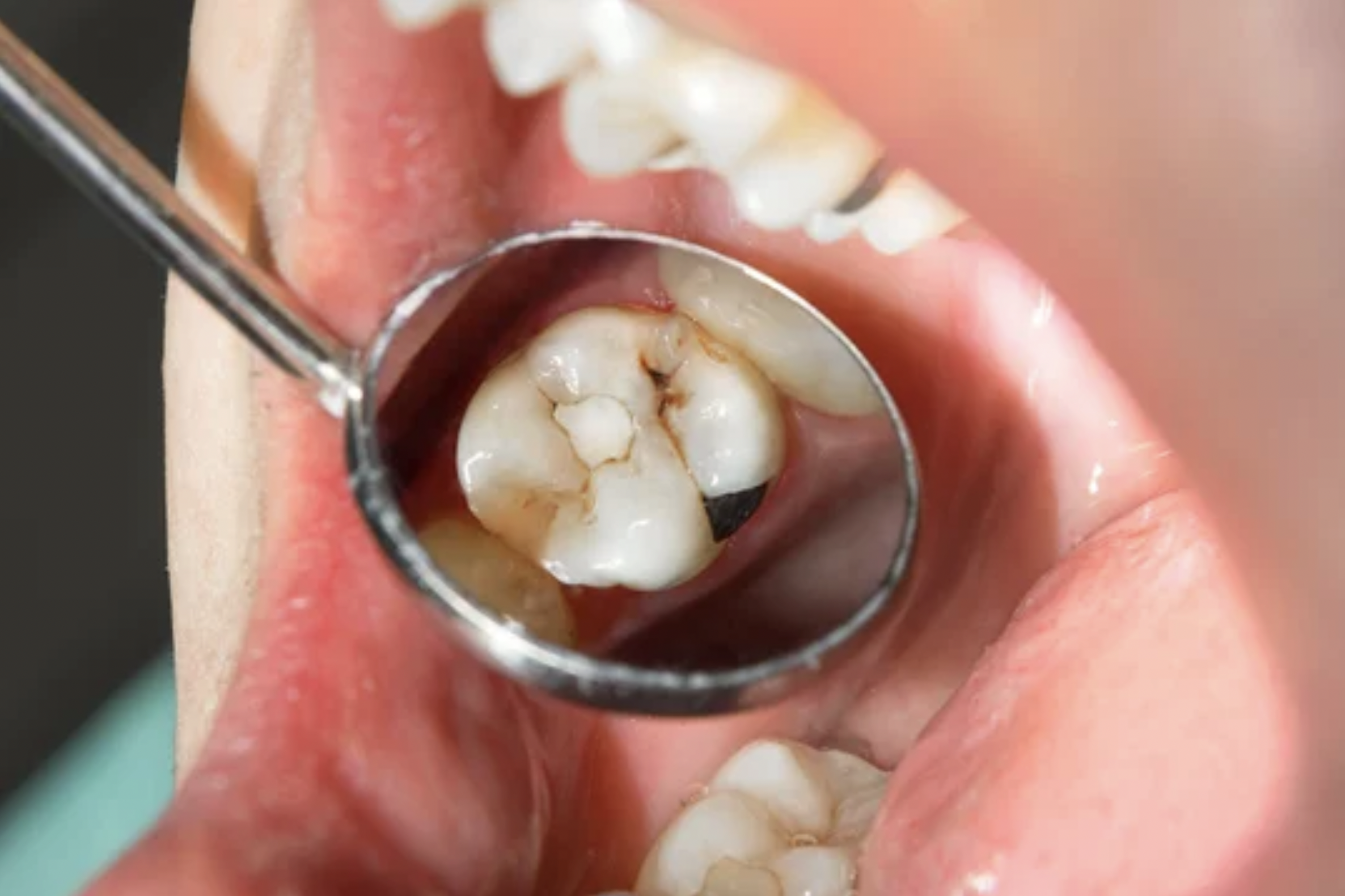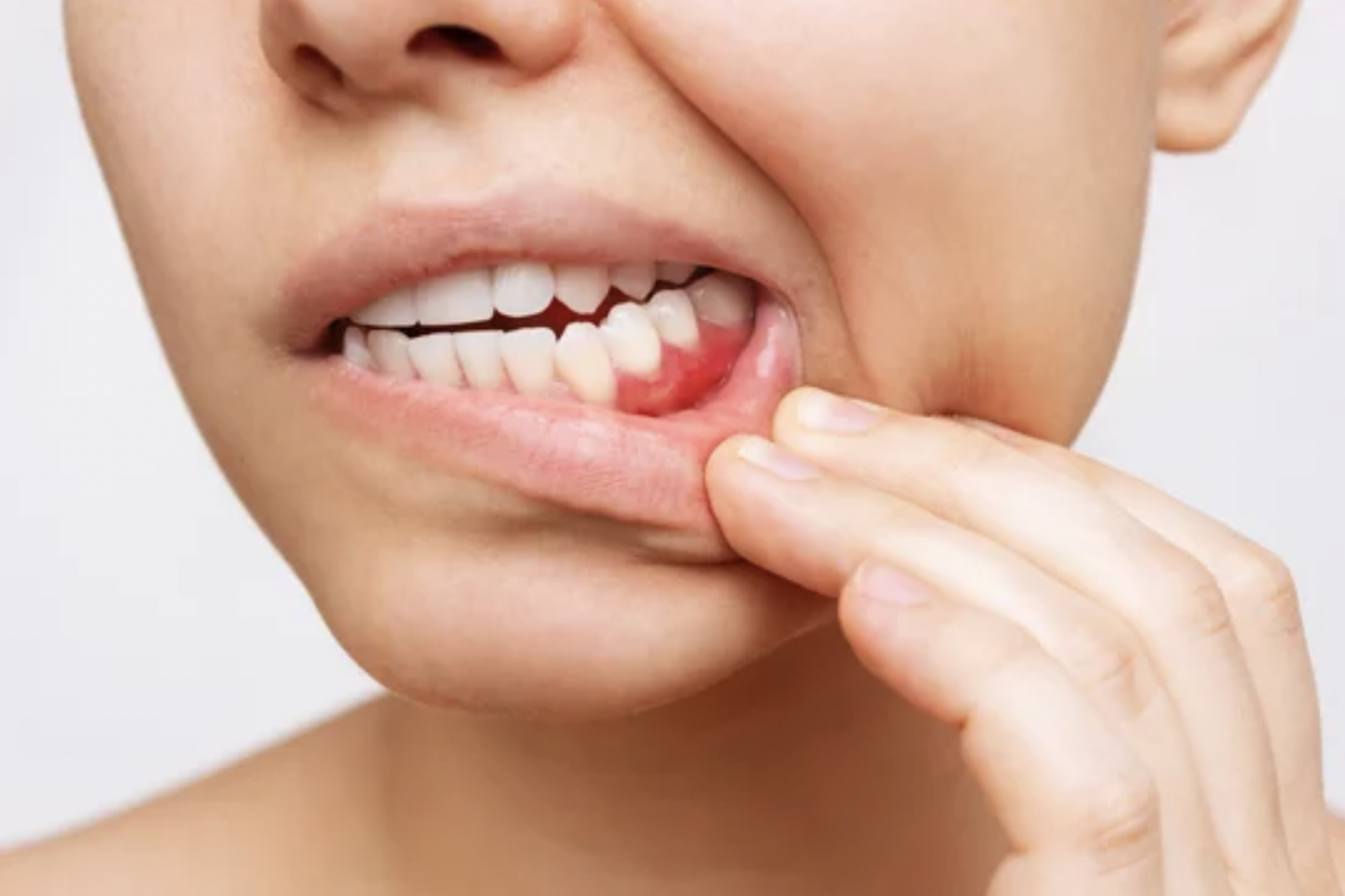Why should you care about dental hygiene? Good dental hygiene:
Benefits of Good Dental Hygiene

Prevents Tooth Decay
Tooth decay can lead to cavities and even tooth loss if not addressed early on. It's important to brush and floss regularly to remove plaque and prevent the buildup of harmful bacteria that can cause tooth decay.

Prevents Gum Disease
Gum disease is a problem that affects the gums and can lead to tooth loss and other health problems. It's important to practice good dental hygiene to prevent the buildup of plaque and calculus (tartar) that can irritate and inflame the gums, leading to gum disease.

Prevents Bad Breath
Bad breath may be caused by many factors, including increased “bad” bacteria in the mouth. Bacteria can be reduced by good dental hygiene.

Improves Overall Health
Poor dental hygiene has been linked to a range of health problems, including heart disease, stroke, and diabetes
Our office practices guided biofilm therapy, a modern dental hygiene technique that uses a combination of technology and expertise to remove the plaque biofilm and calculus from your teeth and gums. Biofilm is a thin layer of bacteria that forms on your teeth and gums, which can lead to the development of dental problems.
Guided Biofilm Therapy (GBT)





Assessment
The dental hygienist will assess your teeth and gums to determine the extent of biofilm and calculus buildup and oral hygiene status.
Biofilm Disclosure & Motivation
Biofilm disclosure solution is applied to all teeth to provide a road map for plaque biofilm removal. This allows for greater patient understanding for improving at-home oral hygiene practices.
Biofilm & Calculus Removal
Ultrasonic technology and air polishing are utilized to remove biofilm and calculus from your teeth and gums in a minimally invasive manner to maximize comfort.
Recare
Recare will be scheduled based on your periodontal risk profile, typically in 3-, 4- or 6-months intervals. Following regular recare is essential for maintaining good oral health.


Regular dental checkups can help detect dental problems early, before they become more serious, and more costly.

It's important to practice good dental hygiene to prevent the buildup of plaque and calculus (tartar) that can irritate and inflame the gums, leading to gum disease.

Ultrasonic technology and air polishing are utilized to remove biofilm and calculus from your teeth and gums in a minimally invasive manner to maximize comfort.

Guided biofilm therapy is a quick and efficient cleaning technique, reducing the amount of time you need to spend at the dentist.
Dental Hygiene Practices
Dental hygiene is the practice of maintaining the health of your teeth and gums by keeping them clean and free of plaque, tartar, and other harmful substances. Good dental hygiene involves the following:

Brushing your teeth twice a day
Brushing your teeth removes plaque and food particles that can lead to tooth decay and gum disease. Use a soft-bristled toothbrush and fluoride toothpaste to gently clean your teeth and gums.

Flossing daily
Flossing removes plaque and food particles from between your teeth, where your toothbrush can't reach. Use dental floss or an interdental cleaner to clean between your teeth.

Eating a healthy diet
A healthy diet that is low in sugar and high in nutrients can help prevent tooth decay and gum disease. For a healthy mouth, eating larger meals less frequently (for example: eating breakfast, lunch, and dinner without lots of snacking in between meals) is more helpful than eating many meals throughout the day. Whenever you eat, you are also feeding the bacteria that live in the mouth. The bacteria release acid after consuming sugar. This acid can break down tooth structure.

Drinking plenty of water
Water helps wash away food particles and bacteria from your mouth, and can also help prevent dry mouth, which can increase the risk of dental problems.

Visit the dentist regularly
Regular dental checkups can help detect dental problems early, before they become more serious, and more costly.
Benefits of Guided Biofilm Therapy

Reduced Discomfort
Guided biofilm therapy is an advanced dental cleaning technique that has been shown to be highly effective in removing harmful plaque and calculus buildup from your teeth and gums. By removing these harmful substances, your dental hygiene will improve, helping to prevent a wide range of dental problems. Your dentist will use a specially designed device to remove the biofilm and calculus, ensuring that your teeth are thoroughly cleaned and free of any buildup.

Enhanced Results
Guided biofilm therapy provides more thorough cleaning results than traditional cleaning methods. By using a combination of air polishing, ultrasonic scaling, and high-tech imaging techniques, your hygienist can better remove harmful biofilm and calculus from your teeth and gums. This leads to a brighter, healthier smile and a reduced risk of dental problems.

Timesaving
Guided biofilm therapy is a quick and efficient cleaning technique. This means that you will spend less time at the dentist. This makes fitting regular dental checkups and cleanings into your busy schedule much easier.

Preventing Dental Problems
By removing biofilm and calculus from your teeth and gums, guided biofilm therapy can help prevent a wide range of dental problems such as cavities, gum disease, and bad breath. Biofilm is a major contributor to gingivitis and periodontitis, and if left unchecked, it can cause serious damage to your teeth, gums and supporting bone. With guided biofilm therapy, you can enjoy a cleaner, healthier mouth and reduce your risk of dental problems in the future.







